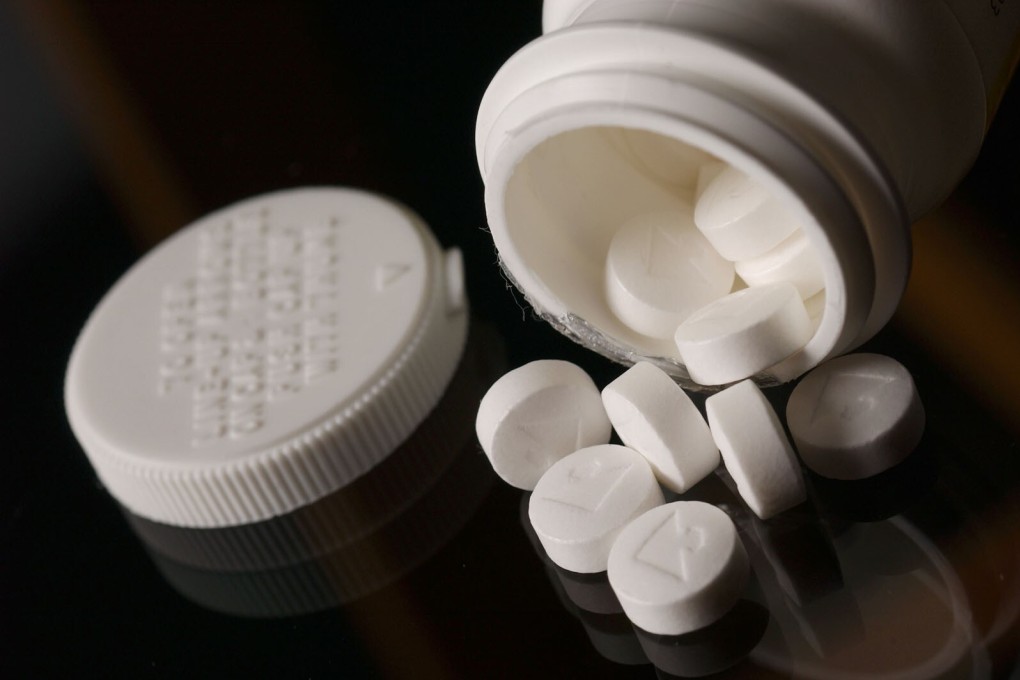Explainer | Could blood thinners be a life-saving treatment for Covid-19?
- Blood clots appear to be associated with a higher risk of dying from the disease, as well as an increased risk of admission to intensive care
- A recent US study suggests patients prescribed full dose blood thinners had a better chance of survival and lower chance of needing a ventilator

A spate of recent media headlines have described blood thinning medications – which include aspirin and warfarin – as a “breakthrough treatment” for Covid-19 that could “save lives”.
It’s early days yet but a growing body of research evidence suggests Covid-19 causes abnormalities in blood clotting, which means blood thinning drugs may have a role to play in treatment.
Here’s what the research says on this question – and how it applies to you.
Why blood thinners?
When Covid-19 first emerged, it was thought the illness was a typical respiratory disease causing symptoms such as fever, sore throat, dry cough, and potentially lung infection and a build-up of fluid in the lungs making it difficult to breathe.
However, 30-70 per cent of Covid-19 patients admitted to intensive care units developed blood clots.